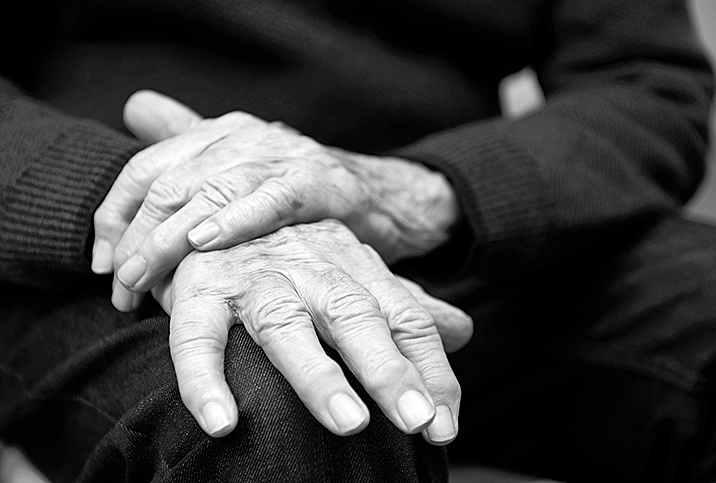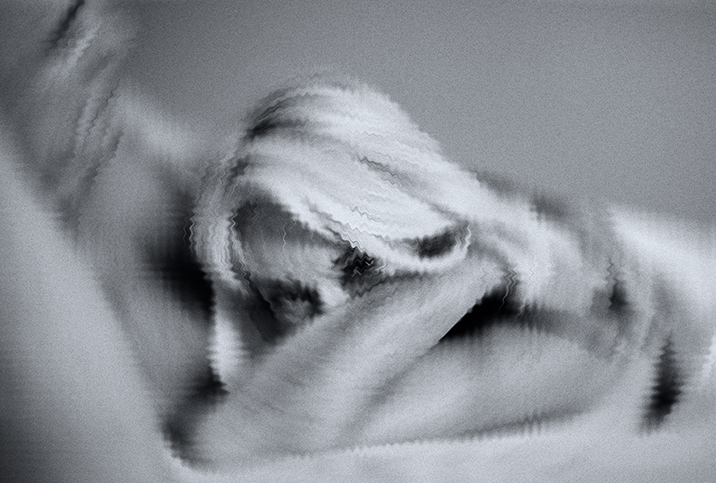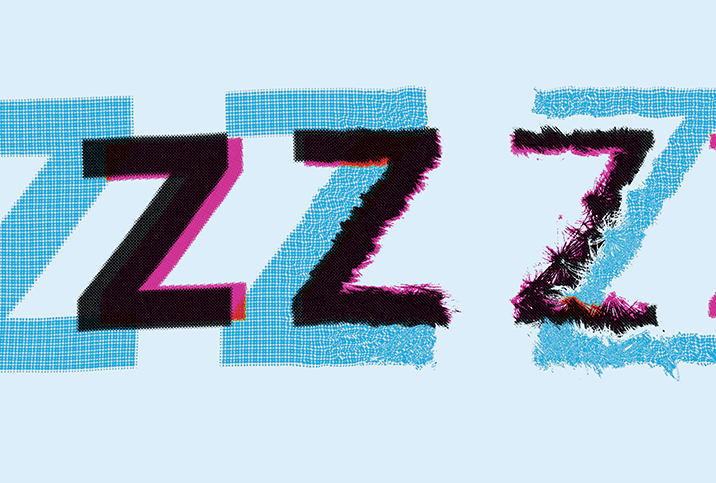Why Our Balance Sometimes Fails—And What to Do About It

As a species, we've evolved from four-legged mobility to walking on hind legs. We take for granted the changes to our spine and pelvic area that allow for this kind of movement. Even more important, though, has been the evolution of our internal systems, which regulate balance and coordination. When these systems go awry, mobility can become impossible.
How we balance
Over millions of years, the physical body we've come to know as homo sapien has transformed and reconfigured in numerous ways. For example, the thigh bone became thicker and the hip socket angle changed to allow for an upright pelvis instead of the angled position of our ape cousins.
The pelvis itself had to widen to accommodate the increased weight of an erect torso as well as the force of gravity. This additional weight created added pressure on the spine, so over time, the spine curved and the discs between our vertebrae expanded to cushion it from the impacts of walking and running.
All of these changes make us who we are today, but the most complex aspect of these evolutionary changes occurred in the vestibular system, located in our inner ear. To use this system effectively, many organs must work together. Starting with the eye, information about our surroundings is received and transferred to the brain, which processes said information.
'Tiny hairs, working within the vestibular angular motion system, move and send messages to the brain to orient the body and maintain balance.'
In a properly functioning human, this data is recognized, followed by the vestibular system taking over to allow our body to properly maintain balance by sending signals through our nervous system to engage our muscles that keep us upright. This is a constantly fluctuating subconscious process.
"There are tiny hairs in the cells of the vestibular system," explained Bria Collins, Au.D, CCC-A, associate director of the Audiology Professional Practices American Speech-Language-Hearing Association (ASHA). "These hairs, working within the vestibular angular motion system, move and send messages to the brain to orient the body and maintain balance."
Unfortunately, as we age, the hairs become damaged and cannot properly regulate balance. These changes can also happen with continual damage that occurs when we don't protect our hearing, such as when listening to loud music or working with heavy construction equipment. For some, traumatic injury can also cause damage to the eardrum and the vestibular system.
Vestibular conditions
"It can help to think of this as a triad," said Kathleen Stross, P.T., a holistic physical therapist and health coach for neurological and vestibular physical therapy. "When one area fails, the others must adapt to create balance. And when this condition is chronic, say with Parkinson's or multiple sclerosis (MS), physical therapy can teach patients strategies to overcome this system breakdown."
Often, the conditions that create dizziness are easily diagnosed and treated.
"The most common condition occurs on one side," Collins explained. "We get patients who say, 'When I roll over in bed—or during some balance-altering activity—I get dizzy.' This is a clear sign of an acute problem that can easily be treated."
'When one area fails, the others must adapt to create balance.'
Vertigo and dizziness often occur when our sinuses are impacted by a cold or other respiratory illness. However, these conditions can also occur when the signals between our brain and vestibular system don't properly communicate, which can leave us feeling lightheaded, as though the room is spinning, or unable to stand without feeling like the floor is being pulled out from under our feet.
Difficulties with balance or spatial orientation are more serious. These can occur when the vestibular system fails to properly influence your balance. Some impacts can include head tilting, stumbling, the need to stabilize yourself with your hand on a wall or furniture, and difficulty balancing in the dark.
"Because balance issues are so impactful, diagnosis is often a team effort," Collins advised. "We work with ENTs [ear, nose and throat doctors] because they have the diagnostic equipment that can definitively lead us in the right direction, and this might mean bringing in neurology to eliminate the possibility of degenerative conditions."
Overcoming balancing issues
The cause of your balance issues could be high or low blood pressure, medication interactions, migraines or even more serious conditions, such as multiple sclerosis (MS).
"For acute conditions, it's often related to the inner ear, which might mean an infection," Collins said. "In some instances, surgical interventions like patching the damaged organ within the vestibular system is needed. However, these patches are like plugging a flat tire: It will work again, but it's never quite the same."
Parkinson's disease (PD) is also a major concern when experiencing balance problems for an extended period.
"The main balance issue of PD is called postural instability and is characterized by the inability to maintain balance when [our] balance is disturbed," said Rebecca Gilbert, scientific officer for the American Parkinson's Disease Association. "This can cause a tendency to list or fall backward—retropulsion. In fact, a light push can cause the individual with PD to continue stepping backward or even to fall down."
In addition to ascertaining the cause of your condition, your physician may refer you to a physical therapist who can create a balance rehabilitation program to help your inner ear properly balance your body.
"Typically, I know that a person can benefit from physical therapy almost immediately, and a patient will see results within the first two sessions," Stross said. "The brain is a master of adaptation, and through combined approaches in physical therapy, patients can overcome their balance issues, which can be an empowering experience."
Losing your balance can be unnerving, regardless of the cause. Seeking medical help not only enables us to overcome our coordination problems, but can provide peace of mind as we work toward regaining control and healthy daily motility.


















